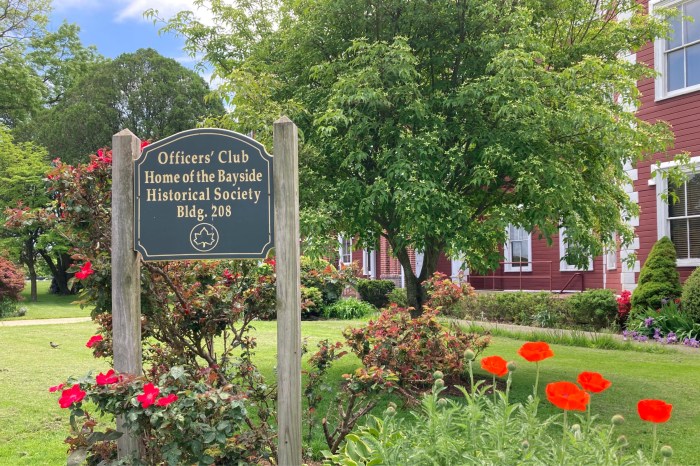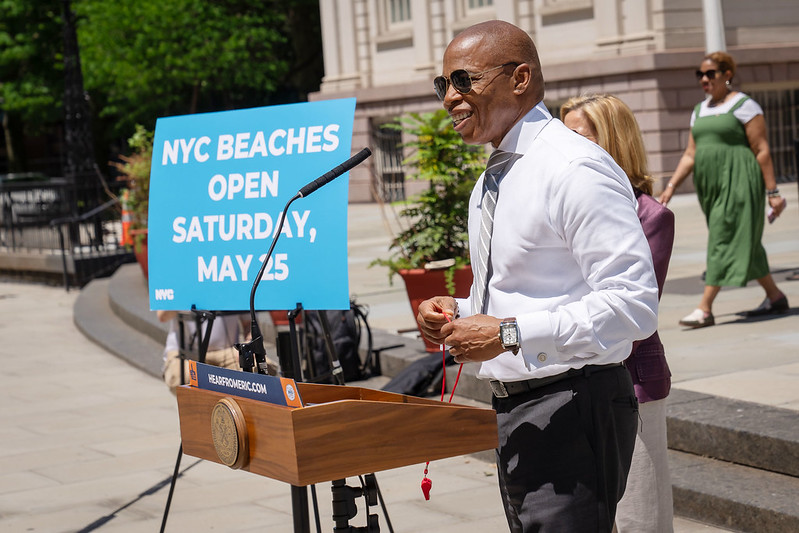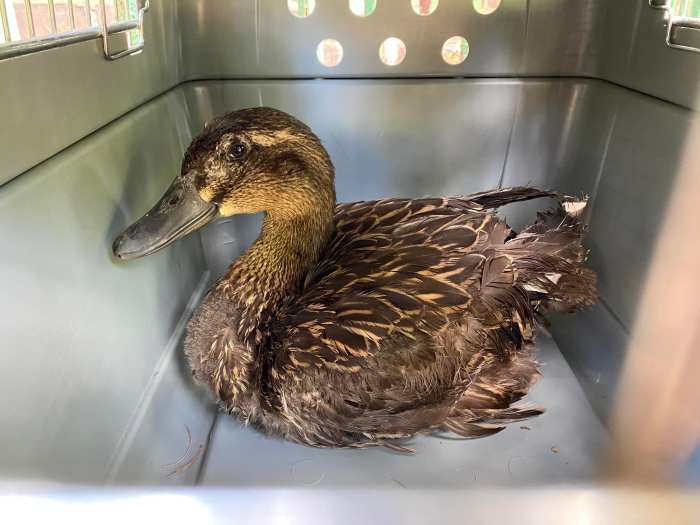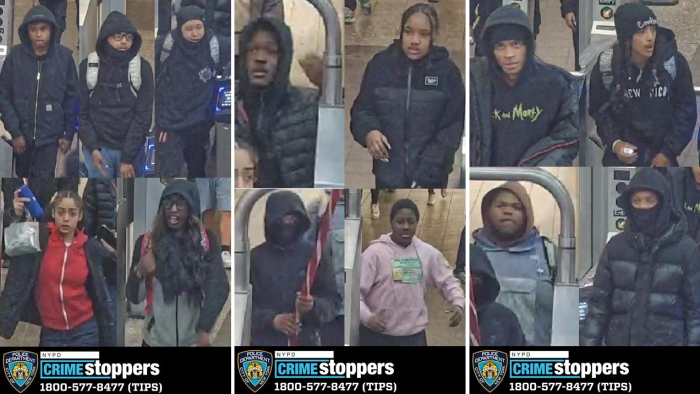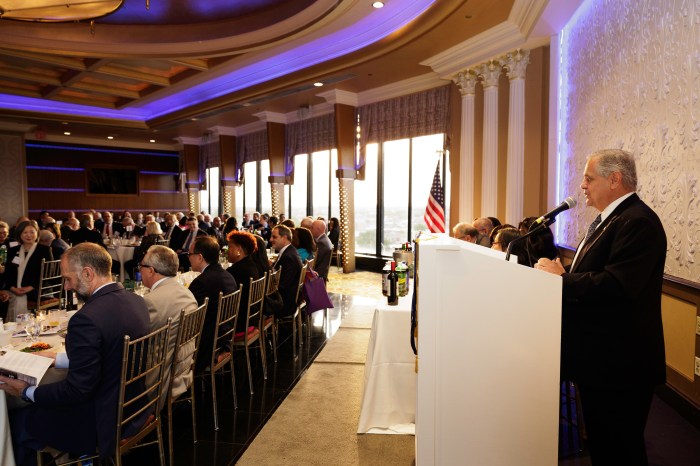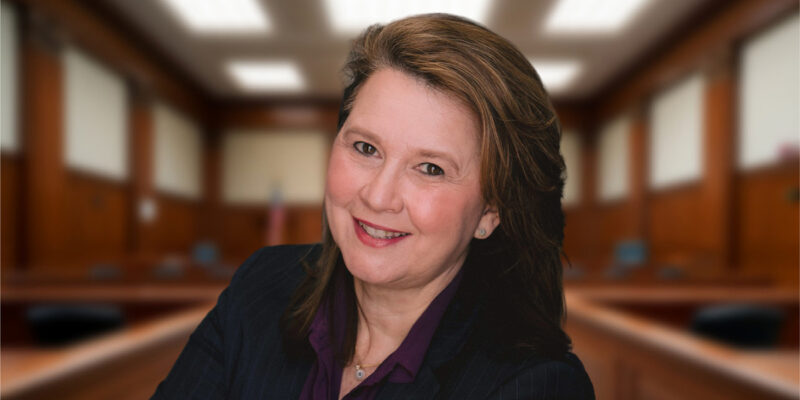According to an audit conducted by New York City Comptroller William C. Thompson, Jr., the Department of Homeless Services (DHS), a city agency responsible for providing emergency shelter to homeless families, overpaid the owners of a temporary residential homeless facility in Jamaica, Queens.
The audit covering fiscal year 2004 and 2005 determined that the private agency that owned and operated the Saratoga Family Inn had billed and received payments for services not covered in their written agreement. Saratoga is a 255-unit facility of which DHS had contracted for only 222 units to be used by homeless families.
“Not only did DHS fail to monitor its payments for the use of the Saratoga Family Inn, it also failed to ensure that its clients got the important services they needed,” Thompson said. “Also, it is troubling that DHS continues to engage in unregistered, handshake agreements with vendors.”
Thompson's audit determined that the 33 non-contracted rooms were already absorbed into existing expenses as well as billed to DHS separately, resulting in an overpayment of $916,855. The Comptroller has recommended that the DHS recoup the overpayment from Saratoga's owner, including additional monies owed from other unrelated charges paid to the non-profit organization.
The other unrelated charges include real estate taxes from the purchase of additional property and legal fees incurred from trying to obtain a zoning variance to build a new homeless facility, the majority of which has already been repaid to DHS.
However, DHS and the owners of Saratoga Family Inn dispute the Comptroller's findings regarding the overpayment for the extra non-contracted rooms.
“Public resources were appropriately used because we received what we paid for - shelter for homeless families,” states Angela Allen, spokesperson for both the DHS and the owners of Saratoga in a written statement. “The 33 non-contracted rooms were occupied more than 99% of the year by families needing emergency shelter.”
According to both agencies, responding to the spike in homeless people since 1999, they entered into a “good faith” agreement to address the urgent housing needs of families with children thus allowing for use of the non-contracted rooms. Allen claims since the audit, actions have begun to bring the remaining units under contract.


